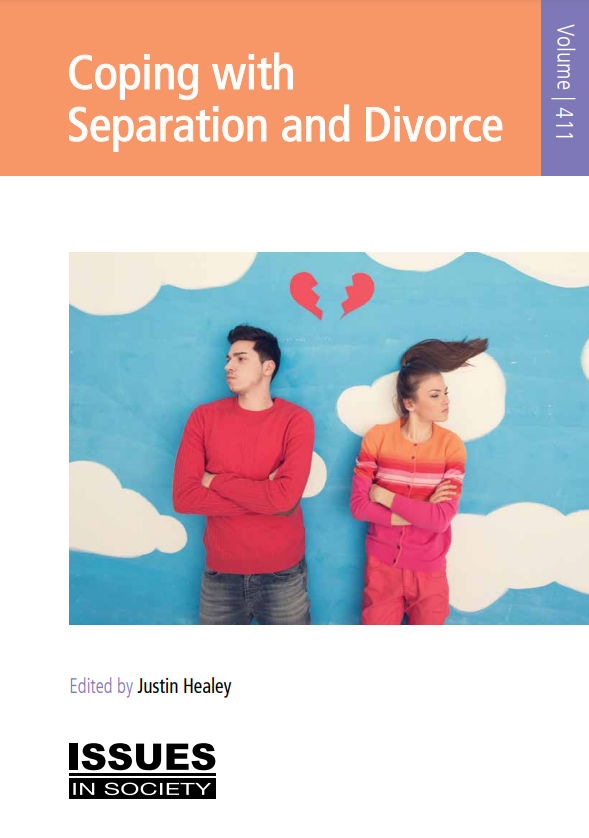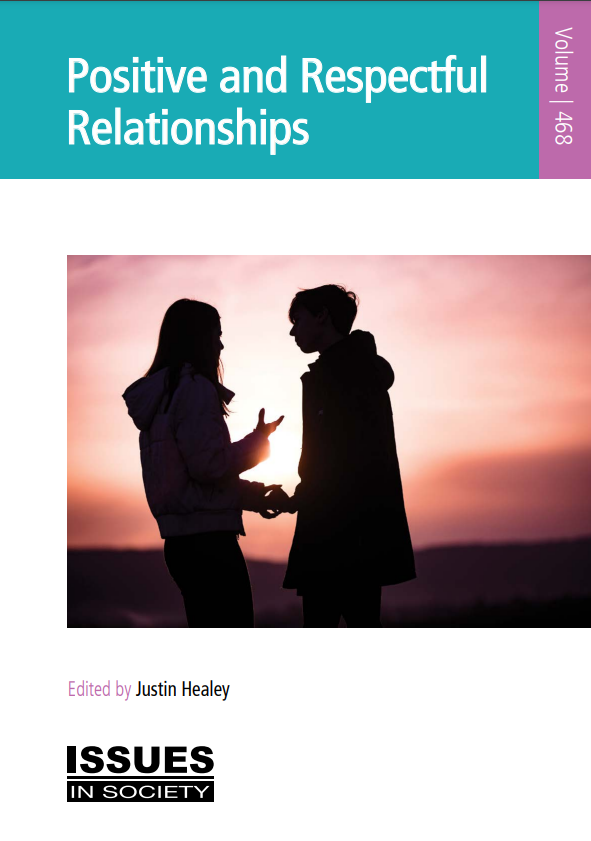

Is the institution of marriage still relevant to contemporary Australians? We are spending less time within the institution of marriage because we are marrying later, and not necessarily remaining married for life. The proportion of separated or divorced Australians has remained stable over the past decade, while the continuing increase in cohabiting offsets the continuing decrease in those living together in marriage. As a result, the overall proportion of Australians living in any kind of residential partnership has remained steady at around 60 per cent over the past decade. Why do people get married, and why do many choose de facto partnerships, which is often a pathway to marriage? Where do same-sex unions fit into the picture? Are de facto relationships more unstable than marriages? This book explores marriage and partnering trends in Australia, and offers advice on how to overcome relationship difficulties and successfully work at lasting couple relationships. For better or worse, marriage remains relevant to most Australians, at some stage in their lives.

Intimate relationships change over the years. It is easy to think that ending a partnership will solve all your problems, however separation and divorce can bring up a number of challenges and is never easy, especially if there are childrenand teenagers involved. Is it possible to do separation with cooperation? What happens for kids when their parents separate? This book explores the common causes of relationship breakdown, and explains the practical and legal processes of divorce including going to court and dividing property and finances. It also offers advice on successfully establishing and maintaining positive parenting arrangements after separation.

The status quo of gender-based inequality and discrimination in our society perpetuates the notion that we live in "a man's world". Traditional masculine stereotypes persist in a culture which identifies men as self-reliant, emotionally reticent, focused on work over family, and oversexed. When these beliefs are taken to extreme levels by boys and men, they result in poor relationships, mental health problems and risky behaviours. Rethinking masculinity can help men and boys to move away from narrow masculine ideals and negative role models towards healthier, more diverse approaches to male identity. This book explores what it means to be a "a real man" in Australia, questioning the masculine stereotypes which sustain gender inequality. In addition, the book examines "toxic masculinity", traditional male gender roles, misogyny and attitudes which promote violence and disrespect towards women. It also addresses the impacts of traditional masculine norms on men's health and wellbeing. What does it mean to be a man in a changing world - is there really a crisis in masculinity? How can society - and boys and men as individuals - encourage positive, healthier masculinities?

It can be challenging and exhausting for working parents to hold down a job while also raising a family. In order to meet the costs of living, families often have two parents engaged in paid work - but at what personal cost? Why are mothers still earning less at work and doing more at home than fathers in relation to care and domestic duties? What are the stresses for parents in terms of work-life balance and work-family conflict? And how does child care help families to grow, learn and earn? This book explores the realities of parenting and gender roles, and looks at how workers and employers can maintain sustainable work-family balance through family-friendly, flexible work options. It also reviews the role of affordable child care and how it supports the needs of children while sustaining workforce participation. What are the most effective ways to help families balance work and family life?

Couple relationships have their ups and downs, however partners should always treat each other with respect, and feel safe. What are the latest trends in couple relationships, and what are the features of a successful, healthy relationship? This book is aimed at young people and explains the issues around sexual consent, how to effectively communicate and avoid conflict, and how to avoid abuse in couple relationships. Topics include understanding feelings, consensual physical intimacy, safe online dating, handling conflict and disagreements, identifying the warning signs and various forms of partner abuse, violence and coercive control in relationships, and dealing with break-ups. Practise positive behaviours, and relate with respect

The concept of a 'traditional nuclear family' has been changing in recent decades. Trends in divorce and remarriage have contributed to more one-parent and re-partnered parent families, while the number of couple families in Australia without children is projected to overtake couple families with children to become the most common family type during the next decade. More young people are also choosing to stay at home and live with their parents in their early adulthood. Multigenerational household living arrangements are quietly emerging in Australia. Mum, dad and two kids is no longer the norm in the changing Australian family. Family processes such as parenting quality, parental wellbeing, and relationship satisfaction within the family – rather than traditional family structures – appear to meaningfully impact more on children's wellbeing and positive development. This book explores family trends, changes and diversity, featuring a range of family types including single parent families, step and blended families, rainbow and same-sex families. It also examines the quality of family relationships, and the challenges families face in the modern age.